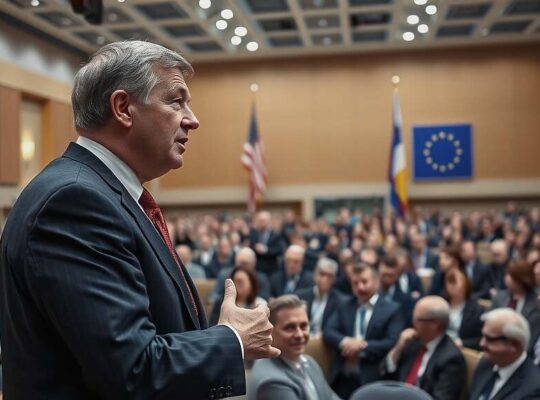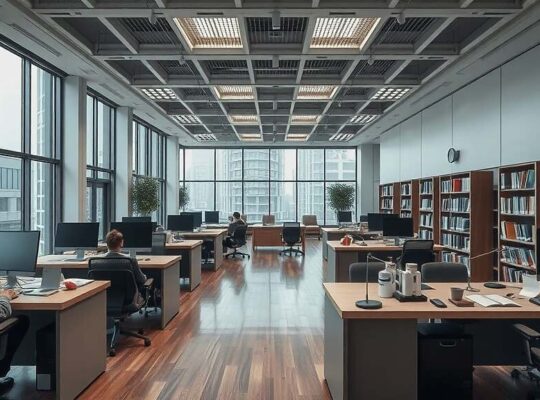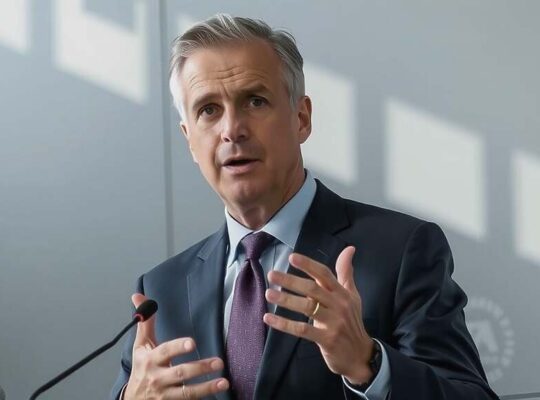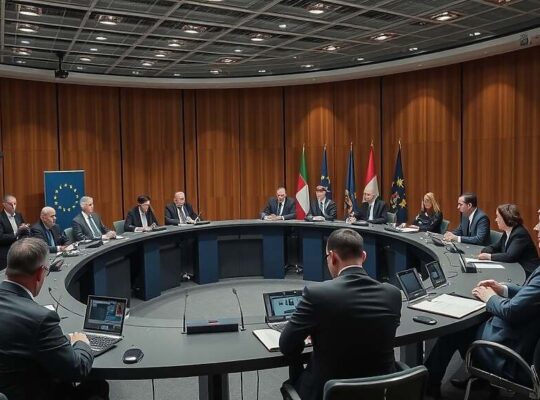The recent summit between US President Donald Trump and Chinese President Xi Jinping has spurred a stark warning from German lawmakers, highlighting Europe’s precarious reliance on external powers for critical raw materials. Omid Nouripour, Vice President of the German Bundestag and a prominent figure within the Green Party, has issued a call for accelerated European independence from these dependencies, asserting that continued reliance leaves the continent vulnerable to geopolitical maneuvering.
Nouripour’s assessment centers on the agreement recently reached between the US and China concerning rare earth elements, which he views as a temporary reprieve rather than a long-term solution. He cautioned that this fragile agreement creates merely a “one-year breathing space”, emphasizing the urgent need for decisive action within the European Union.
The core of his concern lies in the potential for future disruptions, akin to the geopolitical leverage demonstrated by the US-China compact. Nouripour argues that such reliance forces Europe to repeatedly engage in “begging at the table” of larger powers, dependent on their benevolence.
He implores the German government and the wider European Union to utilize this limited window to aggressively pursue circular economy initiatives, develop alternative materials and diversify market options. The call is not merely an appeal for economic diversification; it is a strategic imperative, suggesting that the current framework leaves Europe exposed to potential political pressure.
Nouripour’s blunt assessment carries significant weight, underlining a growing unease within Germany regarding Europe’s strategic autonomy and the potential for its economic stability to be dictated by external forces. He concludes, with stark clarity, that “the clock is ticking for Germany and the EU”.












